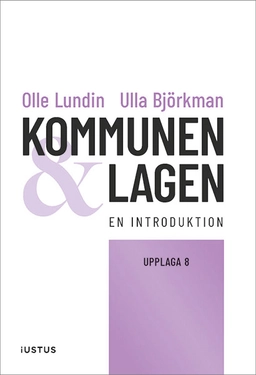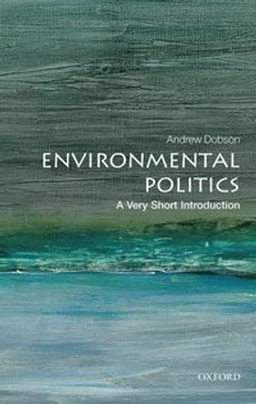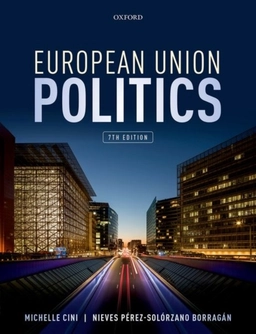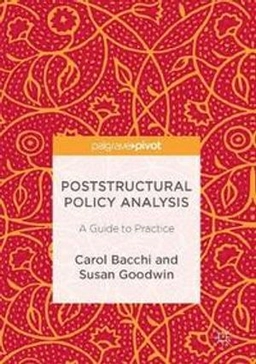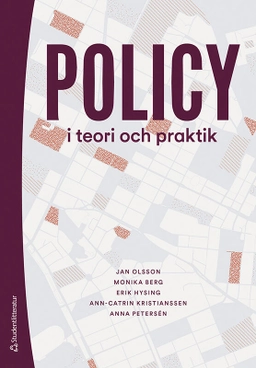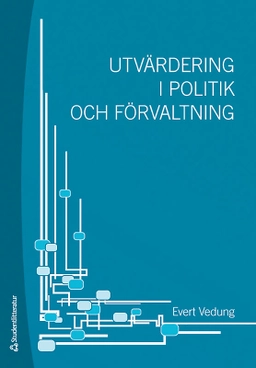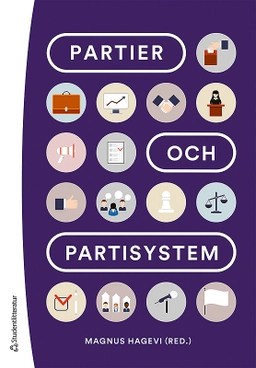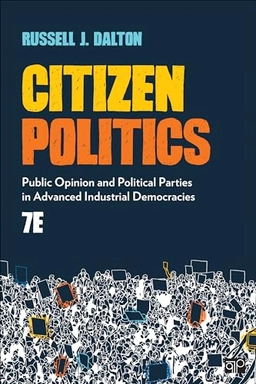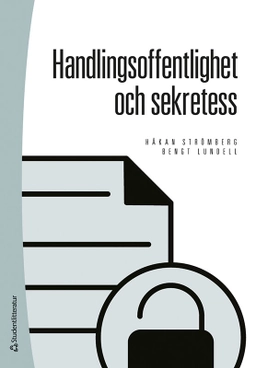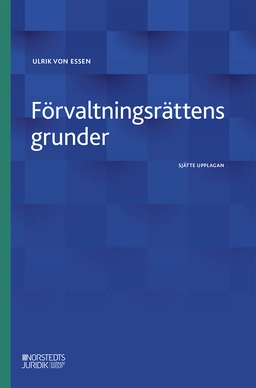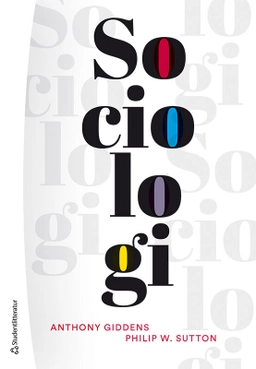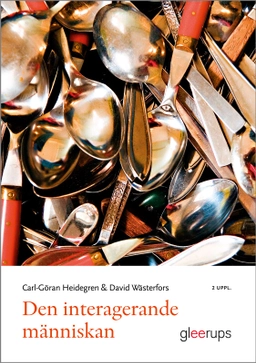

What's Wrong with the Europe Union and How to Fix itUpplaga 1
- Upplaga: 1a upplagan
- Utgiven: 2008
- ISBN: 9780745642055
- Sidor: 228 st
- Förlag: John Wiley & Sons
- Format: Häftad
- Språk: Engelska
Om boken
Åtkomstkoder och digitalt tilläggsmaterial garanteras inte med begagnade böcker
Mer om What's Wrong with the Europe Union and How to Fix it (2008)
I februari 2008 släpptes boken What's Wrong with the Europe Union and How to Fix it skriven av Simon Hix. Det är den 1a upplagan av kursboken. Den är skriven på engelska och består av 228 sidor. Förlaget bakom boken är John Wiley & Sons som har sitt säte i Hoboken.
Köp boken What's Wrong with the Europe Union and How to Fix it på Studentapan och spara uppåt 16% jämfört med lägsta nypris hos bokhandeln.
Referera till What's Wrong with the Europe Union and How to Fix it (Upplaga 1)
Harvard
Oxford
APA
Vancouver
